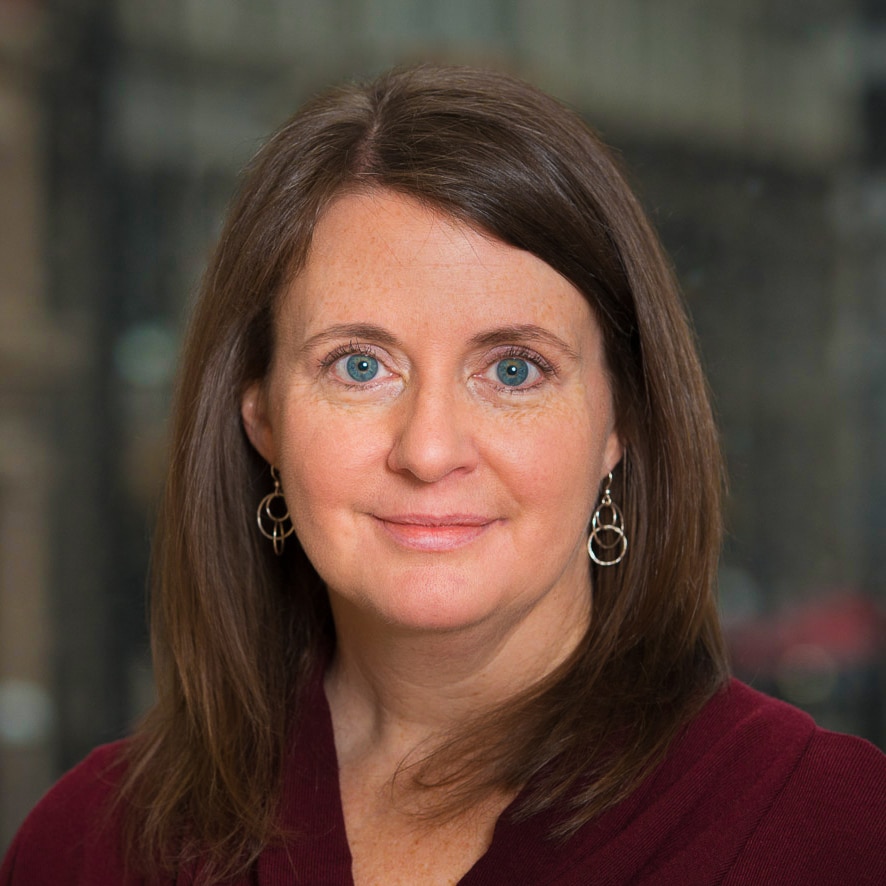Exploring the Future
Education Workforce
Students have more opportunities to learn at any time, in school, throughout the community and online. There’s growing interest in learning through virtual realities, digital games and social media platforms. Educators and stakeholders are placing more importance on immediate student-level data to help adjust learning more quickly.
However, as education continues to change, educator roles will need to adapt to expanding learning environments in which students learn in new ways. In Exploring the Future Education Workforce: New Roles for an Expanding Learning Ecosystem, we forecast what kinds of educator roles might contribute to more flexible and rigorous learning environments in 10 years.
We explore these seven possible educator roles.


The collective work to support lasting systems change involves challenging ourselves to imagine something new, together. But what’s involved?
Be bold. Be creative. Be different. Envision your learning community’s future and the ways to get there.
Immersive futures experiences help participants explore possible futures of learning.
A future of learning where students of all races and ethnicities, incomes and identities pursue the kinds of learning experiences that enable them to uncover their passions and thrive in an evolving world.
Subscribe to receive email updates including expert insights, success stories and resources.